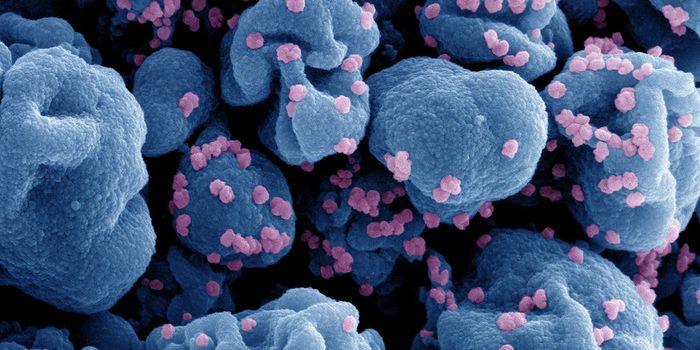Daily Walk Reduces Premature Death Risk
New research published in the British Journal of Sports Medicine has shown that about 10% of premature deaths could be prevented by increasing our levels of moderate-intensity physical activity by only 11 minutes per day.
The systematic review and meta-analysis included results from 196 studies with more than 30,000,000 total participants. The aim of the review was to examine the association between physical activity and the risk of heart disease, cancer, and premature death.
The results showed that, in general, higher activity levels were associated with a lower risk of all outcomes: cancer, heart disease, and early death. Additionally, outside of physical activity that was related to their occupations, two out of three people reported getting less than 150 minutes per week of moderate-intensity physical activity, and only one in ten people managed more than 300 minutes per week. For reference, the Physical Activity Guidelines for Americans recommend that adults get 150–300 minutes of moderate-intensity activity every week.
While the recommendation is for at least 150 minutes per week, an important finding from this study was that half of that amount, or 75 minutes per week, came with serious health benefits. This amount lowered the risk of early death by 23%, lowered the risk of cardiovascular disease by 17%, and lowered the risk of cancer by 7%. The authors calculated that if everyone in the study had achieved 75 minutes of moderate-intensity activity per week, it would have prevented 10% of early deaths, 5% of cases of cardiovascular disease, and 3% of cases of cancer. As one of the authors noted, this is the equivalent of only a bit more than 10 minutes per day, and it has substantial benefits for preventing cancer, heart disease, and early death.
Sources: British Journal of Sports Medicine, Science Daily, Health.gov








